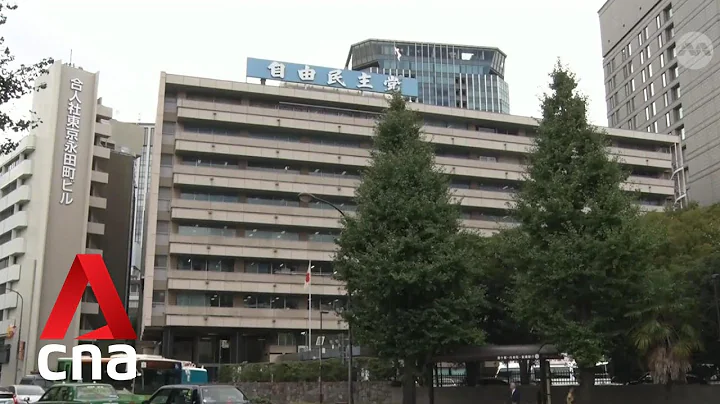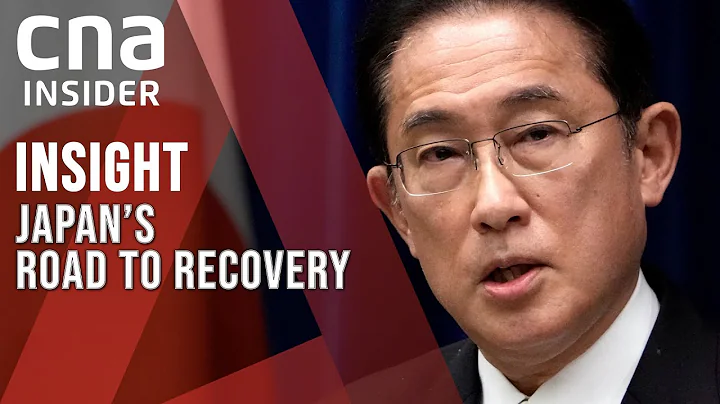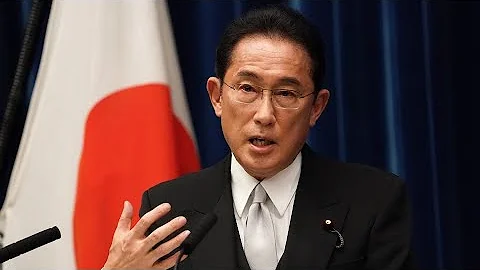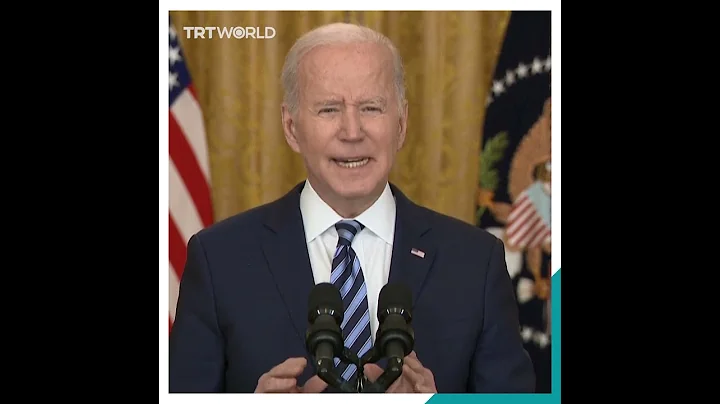Author: Yosuke Yoshida (foreign teacher at Beijing Institute of Technology)
Source: Chinese think tank public account
Since last year, Kishida Cabinet has held high the banner of "new capitalism" and emphasized "listening to the opinions of a wide range of citizens" and has maintained a relatively High support rate. A May 23 Asahi Shimbun poll showed that the support rate was as high as 59%. Although the support rate has dropped slightly recently, the Kishida cabinet still maintains a high support rate heading into the upper house election. At the beginning of the establishment of the cabinet, Kishida emphasized "a virtuous cycle of distribution and growth", trying to get rid of the neoliberal line and create an atmosphere for salary increases.
The "new capitalism" proposed by Prime Minister Kishida, as stated in the Liberal Democratic Party's Senate campaign convention, is capitalism in which the government coordinates with the market. According to the campaign convention, Japanese capitalism has gone through two changes; first, the welfare state in the 20th century; second, neoliberalism after the 1980s. In the first two times, capitalism focused on the role of the government or the market. At present, Japanese capitalism will undergo the third change, that is, capitalism based on "market and government cooperation".

In order to save those who lose in competition, develop "new capitalism"
From the late 1990s to the early 21st century, neoliberal economic policies based on market competition were influential. It believes that in the past, Japanese capitalism had more controls on the country, which hindered free competition and made it difficult to restore the Japanese economy. However, in the view of neoliberalists, neoliberalism is not based on competition between the weak and the strong. It is about improving the safety net under the premise of free competition so that those who fail in this competition can be given a chance to challenge again. Since Koizumi stepped down, the Japanese media has often raised the issue of wealth disparity. However, the safety net to solve the problem of wealth disparity can hardly be said to have been perfected.
As we all know, market competition will inevitably lead to a gap between the rich and the poor. From the early 2000s to the present, comments based on the "self-responsibility theory" are often seen on the Japanese Internet. This kind of netizens believe that they are in a state of poverty because they have not worked hard. There are such people among people who live in difficulty, but some people are affected by their family conditions and fall into poverty. Last year, the term "Oyagatya" became popular in Japan, which refers to people complaining about their bad luck because of their poor family conditions. This term reflects the current situation of Japanese capitalism. Some people have achieved results in free competition and achieved a good life, while some people have poor family conditions and have difficulty getting a better education and entering prestigious universities. As a result, it is difficult to find a job with good conditions.
Under this circumstance, the "new capitalism" proposed by the Kishida cabinet emphasizes distribution and has won the support of the majority of the people to correct the gap between rich and poor caused by neoliberal policies.
Judging from the name, the "new capitalism" of the Kishida cabinet gives people a completely new impression, but ordinary Japanese people do not quite understand the connotation of new capitalism. The opposition party proposed that Kishida's new capitalism is actually no different from the economic policy promoted by former Prime Minister Shinzo Abe, namely "Abenomics".
Shift from "distribution" to "growth"
The core policies of "new capitalism" proposed by the Kishida cabinet are simply "investment in people", "investment in innovative fields" and "digitization". The emphasis on "investing in people" reflects the shift from the original economic policy that focused on public investment to a policy that values personal development. In 2009, when the Democratic Party achieved regime change, the Democratic Party proposed the policy concept of "from concrete to people", and Kishida's new capitalist concept also mentioned personal development. It is difficult to rely on past economic policies to play a role in promoting economic recovery. "Investing in people" can be said to be a policy concept that is in line with the times.
In addition, Kishida proposed the "Reiwa Edition Income Doubling Plan" during the Liberal Democratic Party presidential election last year. This is to make distribution policies work correctly and expand the middle class. Japan's salary increase level is very low globally, with almost no increase in about 20 years.The main reasons why wages are not rising are the increase in informal workers and low productivity.
In terms of distribution, the Kishida cabinet tried to create a social atmosphere for salary increases, such as salary increases for low-income nursing staff and kindergarten teachers. However, "distribution" was gradually de-emphasized in favor of "growth". Experts have pointed out since the beginning of the administration that the financial resources for wage increases are not specific, so it can be understood that the emphasis on growth is to raise financial resources.
Prime Minister Kishida proposed a "virtuous cycle of growth and distribution" in his campaign convention, which was also mentioned in Abenomics. Without growth, the pie does not expand and therefore the distribution becomes smaller. The purpose of Abenomics is to make the monetary policy pie bigger and allocate it based on this. Prime Minister Kishida said "Invest in Kisihida" when he visited the UK and gave a speech. The purpose was to encourage foreign investors to invest in Japan. The idea is to make the “pie” bigger by expanding financial assets and then distribute the “cake”. This attitude is not very different from Abenomics.
The idea of promoting growth and promoting distribution is correct, but the specific distribution plan needs to be considered. Some experts pointed out that the reason for the slow progress of salary increases in Japan is that the profits earned by enterprises in economic activities are retained as profits and are not used for salary increases. Companies will use retained earnings reserved for their own development to increase salaries, which will help improve employees' enthusiasm. However, due to the uncertainties in the environment currently faced by Japanese companies, it is difficult to say that they will adopt a positive attitude towards salary increases.
In addition, to achieve the salary increase goal, there is another problem that needs to be solved. This is a price issue. In Japan, affected by the international situation, prices of commodities necessary for people's daily lives continue to rise. In this case, raising wages would not have much effect. From the perspective of sei-katsu-sha, rising prices have a huge impact on national life without raising wages. Therefore, for the Kishida cabinet, dealing with price issues is an issue that affects its ruling position .
This year, the Japanese government paid "one-time subsidies" to citizens affected by the epidemic. However, if it cannot continue to increase people's income, the "one-time subsidies" paid will turn into savings, making it difficult to revive the Japanese economy.
Japanese media said that there are basically no hot issues that need to be discussed in this election, but the issue of new capitalism related to national life is an important issue. How to distribute the dividends of growth? The ruling party and the opposition parties need to discuss specific income distribution methods.





















